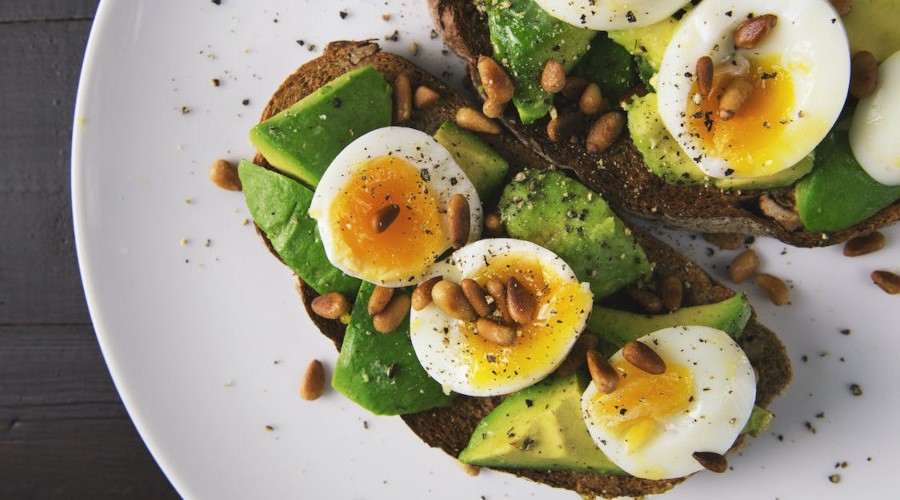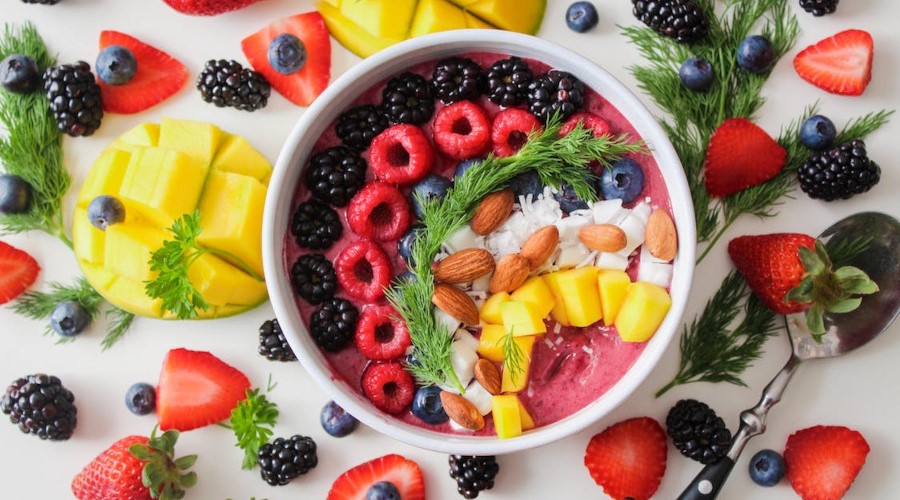At igreen.lv, we understand the delicate balance between living a green, environmentally responsible life and managing financial responsibilities, such as outstanding loans. This article is dedicated to providing practical, eco-friendly strategies for eating healthier and saving money simultaneously.
By rethinking our food habits, not only can we reduce our ecological footprint, but we can also free up more funds to improve our financial health. Let’s dive into how smart meal planning, understanding nutrition, and adopting sustainable food habits can make a significant difference.

Smart meal planning
Meal planning is a cornerstone of both saving money and eating healthily. By planning meals, you can minimize waste, buy in bulk, and avoid the last-minute temptation of expensive, less healthy options. Start with a weekly plan focusing on nutritious, simple-to-prepare, and cost-effective meals.
Key to this is understanding the seasonality of produce. Seasonal fruits and vegetables are not only cheaper but also richer in nutrients. Also, consider incorporating plant-based meals into your routine. Ingredients like beans, lentils, and seasonal vegetables are less expensive than meat and great protein and vitamin sources.
Budget-friendly nutrition
Eating on a budget doesn’t mean compromising on nutrition. The key is choosing whole, unprocessed foods. Whole grains like brown rice, barley, and oats are affordable, filling, and nutritious. Pair these with various vegetables and have a cost-effective and nutritious meal.
Protein is another essential factor in a balanced diet. Opt for cheaper protein sources like eggs, tofu, and canned fish. These options can be just as nutritious as more expensive meats but at a fraction of the cost. Remember, a little goes a long way regarding meat and fish – use them sparingly to flavor and enrich plant-based meals.
Sustainable food habits
Sustainable food habits aren’t just good for the planet; they’re also good for your wallet. Reducing food waste is a major aspect of this. Get creative with leftovers, turning them into new meals instead of letting them go to waste. Buying in bulk can also reduce packaging waste and overall food costs.
Another tip is to grow your herbs and vegetables. Even a small balcony or windowsill garden can yield a surprising amount of fresh produce. Not only does this save money, but it also reduces the environmental cost of transporting food.

The zero-waste kitchen
The concept of a zero-waste kitchen is gaining popularity among eco-conscious individuals. That involves rethinking how we shop, cook, and store food. Use reusable containers and bags when shopping, and choose products with minimal or recyclable packaging.
Composting organic waste is another key element, turning potential waste into valuable nutrients for your garden. Incorporating these habits not only aligns with the values of igreen.lv readers but also significantly cut down on food expenses, allowing more financial flexibility to deal with debts or loans.
A wholesome path to financial freedom
For our igreen.lv community, the journey to financial stability and environmental responsibility can go hand in hand.
By adopting smart meal planning, focusing on budget-friendly nutrition, and embracing sustainable food habits, we can nourish our bodies, protect our planet, and ease our financial burdens. Here are some tips what you need to know about organic food.
Let these practices guide you to a healthier, greener, and more financially secure lifestyle, where every meal is a step towards paying off those loans without compromising our environmental values. Check out thoughtful presents.

Čau visiem, te Guntis no Viļāniem. Kopš bērnības mani interesē daba. Es māku slaukt govis, skaldīt malku un vadīt traktoru. Tātad zaļie produkti un zaļais dzīvesveids vienmēr ir bijusi daļa no manis. Bet pēc vidusskolas beigšanas sāku papildus interesēties par dizaina aktualitatēm. Protams, ka tam vajadzēja būt ZAĻAM dizainam. Tā arī tapa šī lapa. Izbaudiet!
